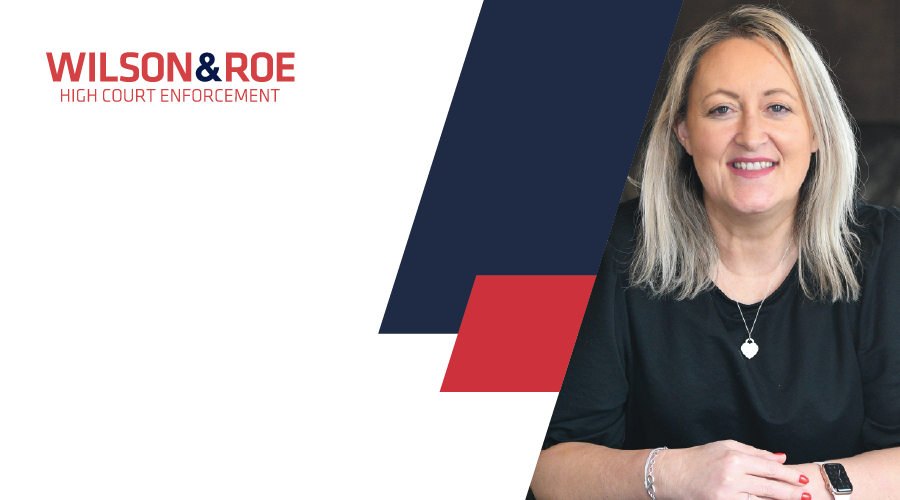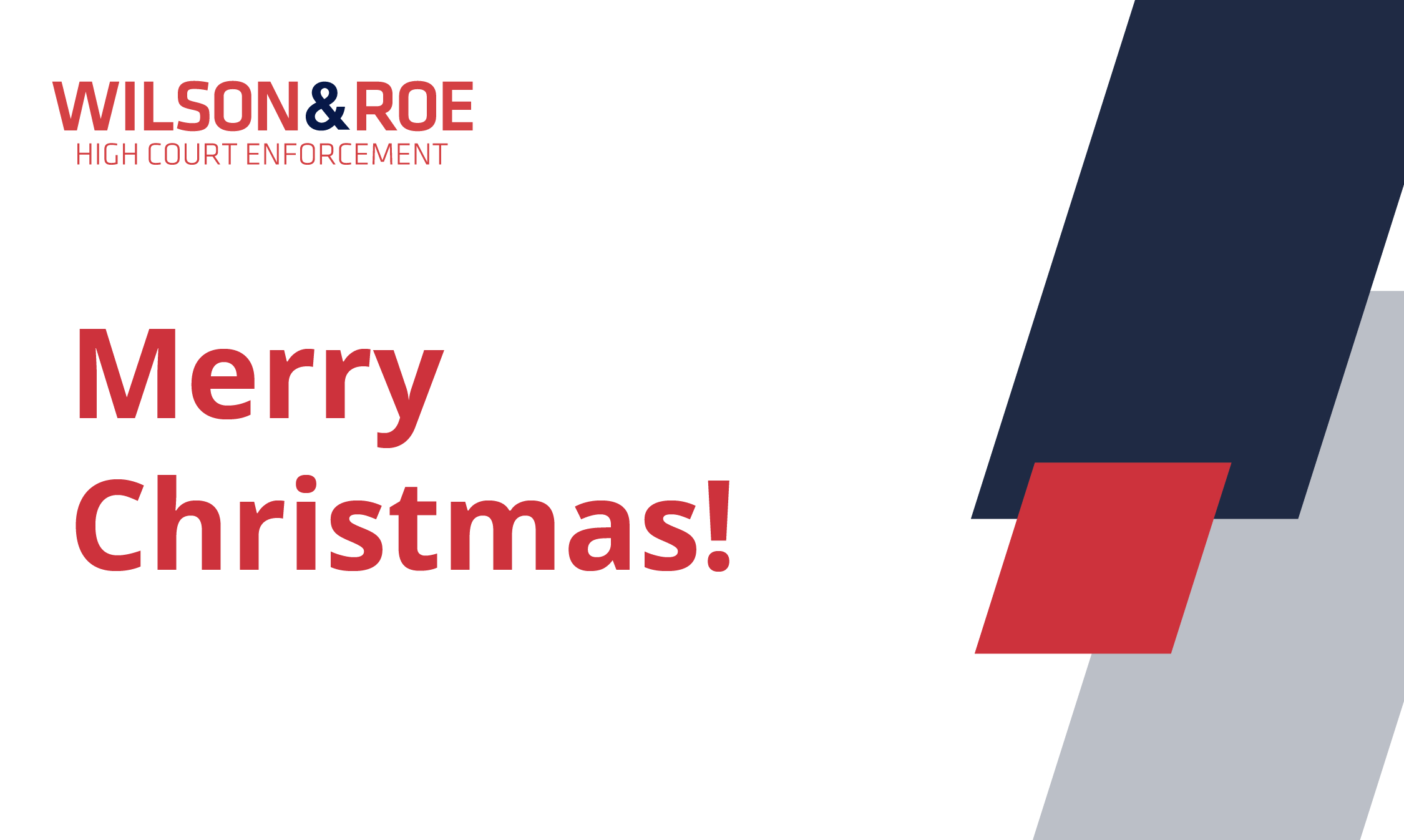When it comes to maximising the chances of recovering a debt in full, the importance of collaboration between the instructing client and High Court Enforcement Officers (HCEO) cannot be emphasised enough.
However, in my experience – as someone who has worked extensively on both the client and the HCEO sides of enforcement – this is still an often-overlooked area.
The point in which we are instructed is one of the most crucial stages of the recovery process. During my time as the instructing solicitor client, I learnt just how important it is that the High Court Enforcement Office has as much information about the debtor as possible, and that the claimant is aware of the aspects of recovery that can impact the prospects of success.
So how can you, as a claimant, give yourself the best chance of success?
1. Know Your Debtor
This may sound obvious, but you would be surprised at how little information we are sometimes given at the point of instruction – and how often this information is incorrect.
It is important to gather and pass on as much information as possible at the beginning of the process.
We need the debtor’s name and current address at a minimum but consider whether you know of any potential alternative addresses, as well as telephone numbers, email addresses or the debtor’s date of birth. Copies of photo identification such as a driving licence or passport can be invaluable and increase the chances of contact, even if the debtor is a business.
2. Insights and Additional Information
Upon receiving a new instruction, we always conduct our own in-house research and checks on the debtor before an enforcement agent attends the property. However, any additional information you may have or know, is always welcomed.
Other information, such as what the debtor does for a living, can help us schedule an appropriately timed visit. If they are a business debtor, knowing their trading hours and whether their commercial premises are easily accessible can help us in enforcing your instruction.
3. It’s All in the (Legal Entity) Name
Ensuring that the legal entity name of the debtor is stated correctly in court proceedings is paramount, and this is especially important with business debtors.
If the debtor is a limited business, make sure that the full limited company name is stated. If the debtor is a sole trader, you must include the name of the individual as well as the trading style, for example, ‘Mr Joe Bloggs trading as Joe Bloggs & Sons’.
An incorrect entity name or even a simple typo can render a High Court Writ unenforceable, with time and cost implications for the claimant as an application to amend to the correct legal entity will be required.
4. Debtor Assets
A High Court writ enables an HCEO to take control of goods if payment in full is not received. This means that any information regarding assets owned by the debtor, and where they are located, can be invaluable for an enforcement agent.
For example, if the debtor owns a vehicle, it is extremely useful to know the make and model – or better still, the registration number – so that the enforcement agent can keep an eye out for the vehicle in the area close to the property. It also means that the agent can carry out any necessary ownership or HPI checks.
5. Contact From the Debtor
Once a writ has been issued, any contact you receive from the debtor should be referred directly to us. Don’t be tempted to discuss or negotiate with them as it is likely that they are trying to avoid additional statutory enforcement fees which are payable under the writ.
6. Act Swiftly
The sooner we are instructed following the issue of a County Court Judgment, the better the chances of a full recovery. We have seen many cases where a claimant has delayed instructing us – due to a promise of payment, for example – only for another creditor to get there first with a writ and secure payment, or take control of the debtor’s goods
There is also the risk that individual debtors may abscond, dissipate assets, or that a business debtor may cease trading or be subject to insolvency proceedings. So, always give yourself the best chance of a full recovery and do not regret leaving it too late!
Help Us to Help You
With busy lives and endless tasks competing for our time, it may seem easier to provide the High Court Enforcement Office with only the minimum information needed to obtain a writ.
However, although not all of the information I have mentioned will be available, it is a good idea to submit as much information as possible with your instruction as this can significantly increase the chance of a full recovery being made by the HCEO.
At Wilson & Roe, we believe that a close relationship with our clients is essential to what we do, and we invest heavily in building and nurturing these relationships. From providing free High Court Enforcement training sessions to holding regular review meetings, we do our utmost to ensure that we maintain the highest standards for our clients.
If you have any other type of Judgment or are unsure how to move forward with your application, please contact us and we will be happy to help.
You can speak to us by
telephone on 0161 925 1800,
by email at wr@wilsonandroe.com
or fill in our contact form here


